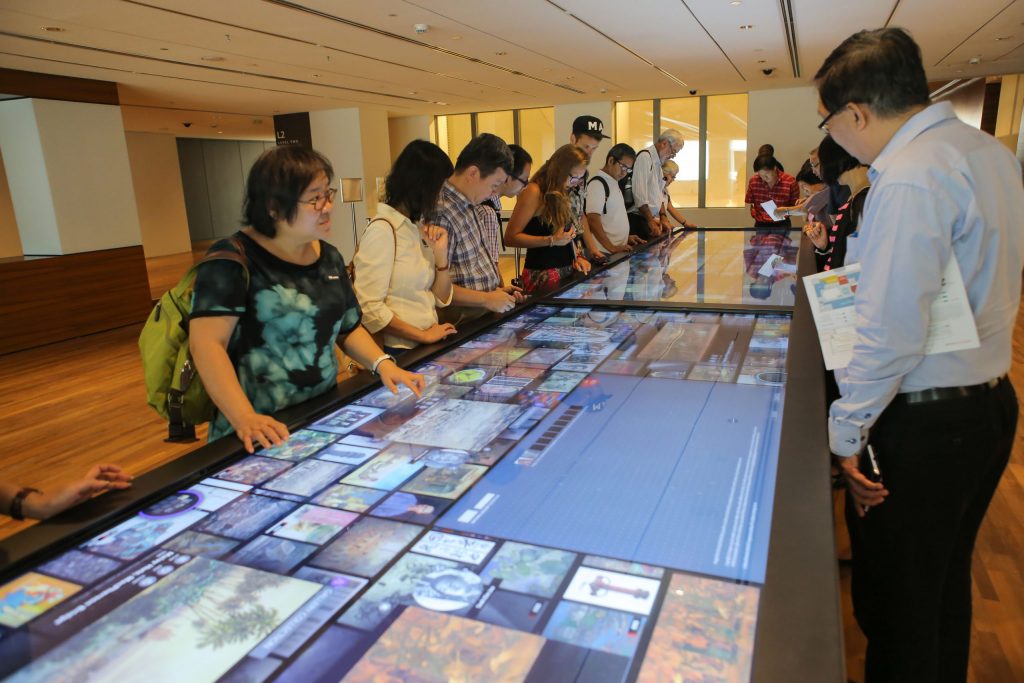Students’ Perceptions of and Attitudes towards Podcast-Based Learning – A Comparison of Two Language Podcast Projects
October 2, 2018

How do new technologies facilitate intercultural interactions?
In 1948, the United Nations General Assembly declared 24 October as the day to recognise the accomplishments of the UN in fostering a harmonious global community. In many international schools around the world, this day is celebrated by a festive display of the myriad cultures represented by its students and faculty. An important aspect of intercultural interaction is the ability to speak different languages, and although language learning is an age-old method, new technologies are creating ways to foster intercultural networks at the touch of a button.
A/P Wai Meng Chan and his co-researchers from the Centre for Language Studies (CLS), in their paper, Students’ Perceptions of and Attitudes towards Podcast-Based Learning – A Comparison of Two Language Podcast Projects (Electronic Journal of Foreign Language Teaching, 2011), found that podcasts can be utilized in language learning with significant degrees of success. Their research focused on students learning Chinese and Korean with the aid of podcasts. Students were asked to fill out a questionnaire to determine whether their response to podcast-based learning was positive or negative. Generally, the Korean language students were more positive about using podcasts than Chinese language students. This could be attributed to the differences in the students’ backgrounds with the Chinese language students having some prior knowledge of the language, in contrast to the Korean language students who had none. Overall, the podcasts were helpful in expanding listening comprehension, and offered students the convenience of learning on-the-go.
New communication technologies have yet to be fully integrated into the academic environment. However, this study shows how online, multimedia content can be strategically deployed to enhance the learning experience.
Read the full article here.
